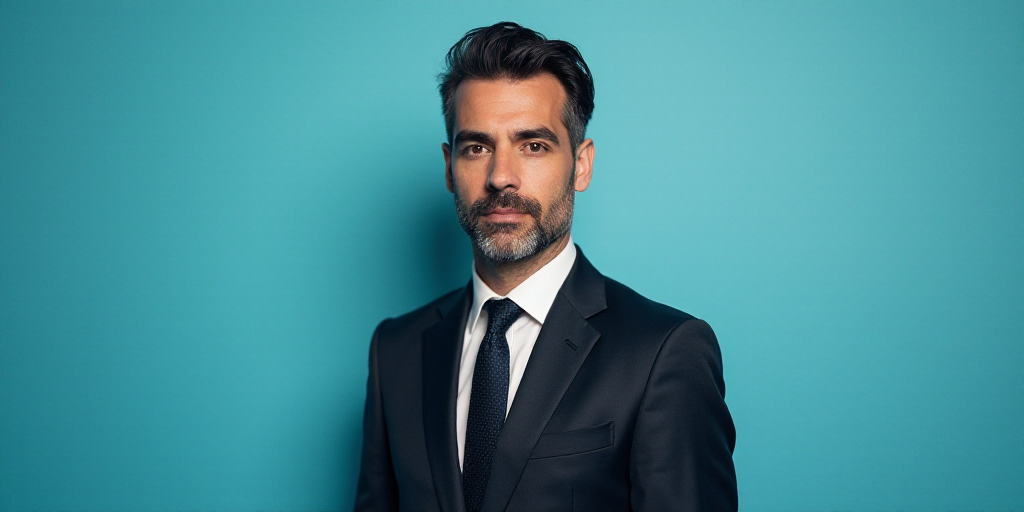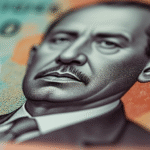Introduction
We all know the famous quote by Professor Hank González, “poor politician, poor politics,” which has been an inspiration, motivation, and motto for a large majority of Mexican politicians. Last Tuesday, in Uruguay, the flame of his life was extinguished, but not the brilliance of his example, of a politician who lived in contradiction to the Mexican’s saying: José Mujica, who once asked and answered himself, “What is it that catches the world’s attention? That I live with little things, a simple house, an old car, are these the novelties? Then this world is crazy for being surprised by the ordinary.”
A Politician Who Rejected Pomp and Circumstance
The former president of his country from 2010 to 2015 renounced the pomp and circumstance that surrounds a head of state. He preferred to continue living in his old farm, without a driver or bodyguards, in stoic frugality, donating part of his salary to social works. “Politicians should live like the majority and not like the minority,” he said.
Documented by Emir Kusturica
His last days in power were documented by filmmaker Emir Kusturica in the movie “El Pepe, a Supreme Life,” who with few cinematic resources presented a profile of the man, the politician, and significant details of a full life. He delved into his past to find his present. When explicitly asked about the absence of at least a bodyguard, Pepe replied: “Why would I want a bodyguard? To see me in my underwear when I get up to urinate at night?”
A Guerrilla Fighter Turned Politician
In the 1960s, Mujica participated in the National Liberation Movement-Tupamaros, a leftist urban guerrilla that attempted to seize power with arms. As a guerrilla fighter, he was captured four times by Uruguayan security forces. In one instance, he received six bullet wounds and miraculously survived. He escaped prison twice, once through a tunnel along with 105 fellow Tupamaros. He was recaptured both times.
In total, he spent 13 years in prison under cruel torture and isolated in infected wells. These are his own words from an interview with BBC Mundo: “When I was imprisoned, I spent almost 7 years without books. I was moved from barracks to barracks. Then, I contracted the vice of misanthropy, talking to myself. That was a form of self-defense in those conditions to avoid losing my sanity. But it became a habit.”
A Lack of Resentment
Despite the years spent in prison, deprived of even the most basic human rights, Mujica never showed any resentment. “I don’t accompany the path of hatred, not even towards those who had lowly acts against us. Hatred does not build. This is not a posed demagoguery, this is not about avoiding the issue, this is not about putting on a pretty face; these are principles, things that cannot be mortgaged,” he said.
A Beacon of Simplicity and Modesty
In an era of ambitious and arrogant politicians; noise and spotlights; extravagance and wastefulness; lies and demagoguery, where having replaces being, and appearances replace reality, the figure of José Mujica emerged as an exemplary giant because of his simplicity and modesty; his moderation and temperance; his honest and frugal way of life; his consistency and candor; his ecological consciousness and love for nature, which is life itself.
Key Questions and Answers
- What was José Mujica’s background? Mujica was a guerrilla fighter in the Tupamaros movement during the 1960s. He spent 14 years in prison, enduring torture and isolation.
- How did Mujica live as president? He rejected the pomp and circumstance associated with a head of state, choosing to live modestly without a driver or bodyguards.
- What was Mujica’s stance on hatred? He firmly believed that hatred does not build and chose to focus on principles rather than appearances.
- Why is José Mujica considered exemplary? His simplicity, modesty, and ecological consciousness set him apart as a beacon of integrity in an era of demagoguery and extravagance.






